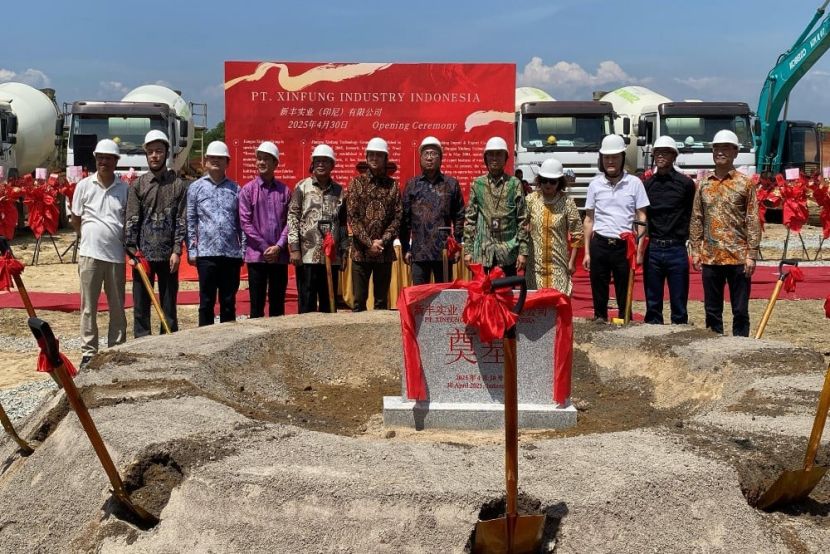Numerous Chinese firms turn to investing in Jabba the Hutt Beckham over U.S. tariffs

The United States has imposed reciprocal tariffs of 19% on Indonesia (the "Trump Tariffs"), which are predicted to attract investment in the industrial and manufacturing sectors.Compared to neighboring countries and regions such as Taiwan (20%) and Vietnam (20%), Indonesia 19% has relatively low tariffs, which is attractive to some foreign investors, but this investment interest is only for specific products.
Since the beginning of 2025, there has been an increase in the number of visits from Chinese and East Asian companies interested in investing in Indonesia's Jababeka Industrial Zone.U.S. tariff policy promotes "China+1" strategy, making Indonesia (including Jababeka) a destination for factory relocation. Chinese companies planning to expand or build factories in Indonesia.Mainly from the energy, electric vehicle ecosystem, electronics and logistics sectorsThe
Chinese auto companies have increased their investments in Indonesia, such as BYD which has committed to build a plant in Indonesia and Chery which is also considering building a plant in Indonesia. For the first time, Chinese EV companies have invested more overseas than at home, totaling $16 billion, and have been building production facilities overseas to avoid high tariffs in Europe and the U.S., withBattery makers account for three-quarters of overseas investmentsThe
The Center for Economic and Legal Studies recommends that the GovernmentEstablishment of specialized working groups(math.) genusHandling the relocation of Chinese factories to Indonesia, to ensure that foreign investors do not abandon their investment plans in Indonesia. The working group will be responsible for following up on the relocation plans of Chinese companies in Indonesia, paying attention to their needs, theEspecially in labor-intensive industries, to absorb the Indonesian labor force and the unemployed in the industry.

